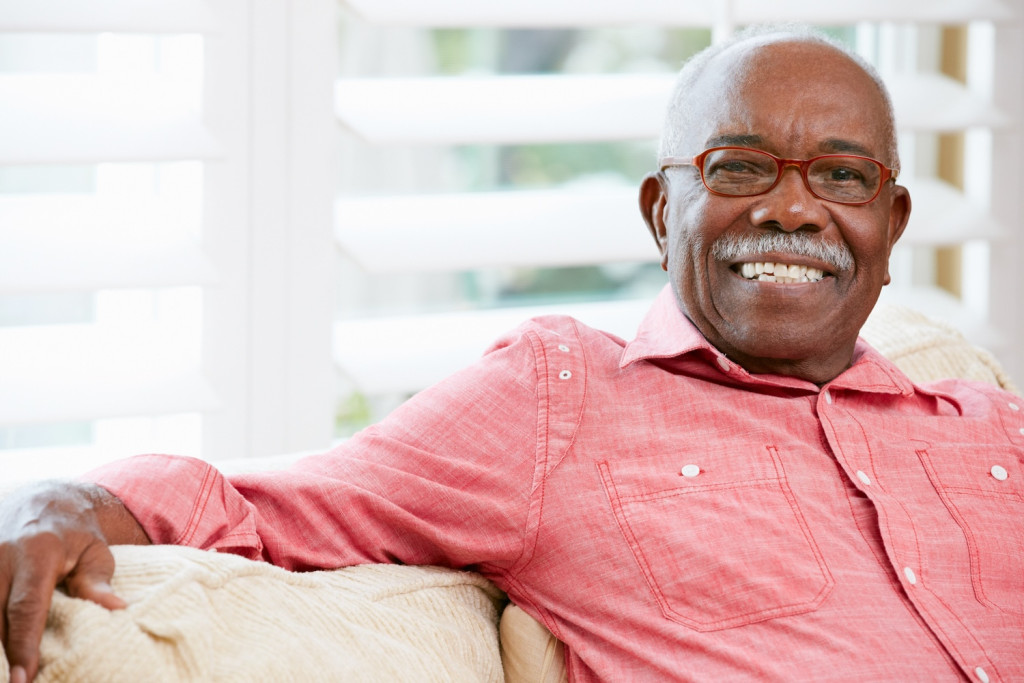As we age, taking care of our bones becomes more important than ever. Osteoporosis for seniors is a condition that can quietly weaken bones and lead to serious fractures. If you or a loved one is over the age of 60, it’s time to understand how this condition works and what steps can help protect your health.
In this article, you’ll learn the basics of osteoporosis, why it’s a concern for older adults, and what you can do to stay strong. Keep reading to explore simple ways to reduce your risk and live a more active, confident life. Your journey to stronger bones starts with knowledge.
What Is Osteoporosis?
Osteoporosis is a condition where bones lose density and become fragile. This makes them more likely to break from small falls or even minor bumps. Many people don’t realize they have it until they suffer a fracture.
It’s often called a “silent disease” because it develops without clear symptoms. Over time, bones in the spine, hips, and wrists become weaker. Seniors are especially at risk because bones naturally become thinner with age.
Why Seniors Are More at Risk
Bone mass starts to decline as people get older, especially after age 50. Women are more affected due to changes in hormones after menopause, but men are also at risk.
Osteoporosis risks for aging men are often overlooked but can be just as serious. Lack of exercise, poor diet, and certain medications increase the chance of bone loss.
Seniors who have other health conditions may also see faster bone thinning. Being aware of these risks can help prevent long-term damage.
Warning Signs to Watch Out For
Osteoporosis often has no early signs, but there are still clues to look for. Loss of height or a stooped posture can be one signal. Back pain or sudden fractures, especially in the spine or hips, may also be a warning.
If a small bump or simple movement causes a break, it could be due to weak bones. Seniors should talk to their doctor if they notice any of these changes. Early testing can catch the condition before it gets worse.
How Diet Affects Bone Health
A diet rich in calcium and vitamin D helps keep bones strong. Many seniors don’t get enough of these nutrients from food alone. Dairy, leafy greens, and fortified products are good choices to include in meals.
Drinking too much alcohol or soda can weaken bones over time. Eating a well-balanced diet every day is one of the easiest ways to protect your bone health. If needed, supplements may help fill in the gaps.
Exercise and Physical Activity
Staying active is key to keeping bones and muscles strong. Weight-bearing exercises like walking, dancing, or light strength training are ideal. Regular movement also helps with balance and coordination, reducing fall risk.
Seniors who keep moving are less likely to lose bone mass quickly. Simple routines done at home can make a big difference. It’s important to choose safe activities and build up slowly.
Educate Yourself About Osteoporosis in Seniors
Understanding osteoporosis for seniors helps prevent serious injuries and improves quality of life. With the right diet, exercise, and medical advice, aging adults can maintain stronger bones. Don’t wait for a fall or fracture to take action- start making small changes today for a safer tomorrow.
Keep the good reads coming.
Photo Credit: DepositPhotos.com




